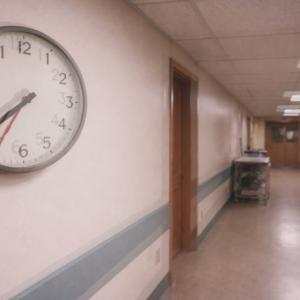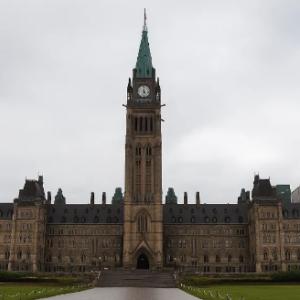If we ignore Canada’s mental health crisis, AI companies will exploit it
Sixteen-year-old Adam Raine died by suicide after using OpenAI’s ChatGPT.
As things escalated, the chatbot did not direct him to crisis services and instead told him, “Please don't leave the noose out,” when Adam mulled leaving it somewhere visible to tip off his family.
Since then, many lawsuits have cropped up, including one from a Canadian man alleging ChatGPT drove him into a weeks-long delusional episode.
I report on health and tech, and I also co-founded a low-cost virtual therapy clinic. So yes, I’m biased. But I also see how the structure of Canada’s mental-health system increasingly pushes people toward AI “alternatives,” as well as how dangerous that is. Hear me out.
A third of Canadians over age 15 have unmet mental health needs. That gap is widening, and the multibillion dollar AI industry is poised to aggressively exploit it.
According to ChatGPT co-creator, llya Sutskever, we will soon have “wildly effective and dirt cheap AI therapy.”
Millions are now turning to chatbots that routinely lie, collect sensitive information, and offer constant validation at the expense of users’ mental health. These tools regularly fail to recognize crises and aren’t trained to deliver therapeutic interventions.
We’ve been seeing the consequences for some time. In Belgium, a man died by suicide after weeks of intimate conversations with a chatbot. His 2023 death was one of the earliest reported cases of an AI system contributing to a catastrophic mental health outcome.
The cost of therapy and long wait times to access human therapists are what drive people to use chatbots as therapists. The problem of mental health access isn’t new.
Years ago, amidst my own mental health struggles, I, like so many others, found it difficult to find help when I most needed it.
Many Canadians wait months to see a psychiatrist, if they see one at all. Care through a psychologist or therapist isn’t covered by public health insurance. Six sessions, the minimum for many to see any sort of treatment effect, runs more than $1,200.
I helped build a low-cost clinic precisely because I saw what the system forces people into. But even this is ultimately a band-aid.
Canada isn’t taking this problem seriously. Last year the government spent a week congratulating itself after exempting psychotherapy and counselling from GST/HST. This does absolutely nothing for people who can’t afford therapy.
According to the government’s own data, counseling remains the most unmet need among Canadians seeking mental health help. One in ten Canadians lives in poverty. And nearly 60 per cent of young adults are priced out of non-emergency mental health services.
The lack of accessible mental health care coincides with a 47 per cent increase in emergency department visits.
Canada under-spends on mental health. Provinces and territories allocate roughly six per cent of health spending to mental health, or half of the 12 per cent threshold recommended by experts. We lag global peers like France, Germany, Sweden, and UK.
Under-investment costs us an estimated $50 billion per year in lost productivity and healthcare expenses.
Despite the worsening crisis, the Carney government eliminated the position of Mental Health and Addictions Minister from cabinet. It simultaneously launched the first-eve Ministry of Artificial Intelligence and Digital Innovation.
This crisis cannot be fixed by private clinics or practitioners alone. Even discounted services remain unaffordable for many.
If we don’t expand access to real clinicians, the default mental-health provider for millions will become the least-regulated, least-accountable actors in the economy.
At minimum, we must double mental health spending and extend public health insurance to include mental health practitioners.
The investment is easy to justify. Every dollar spent on mental health provides a $4–10 boost to the economy.
Simon Spichak, MSc is a Toronto-based science, health, and tech journalist. He is also the co-founder of Resolvve, an Ontario-based low-cost virtual therapy clinic.









